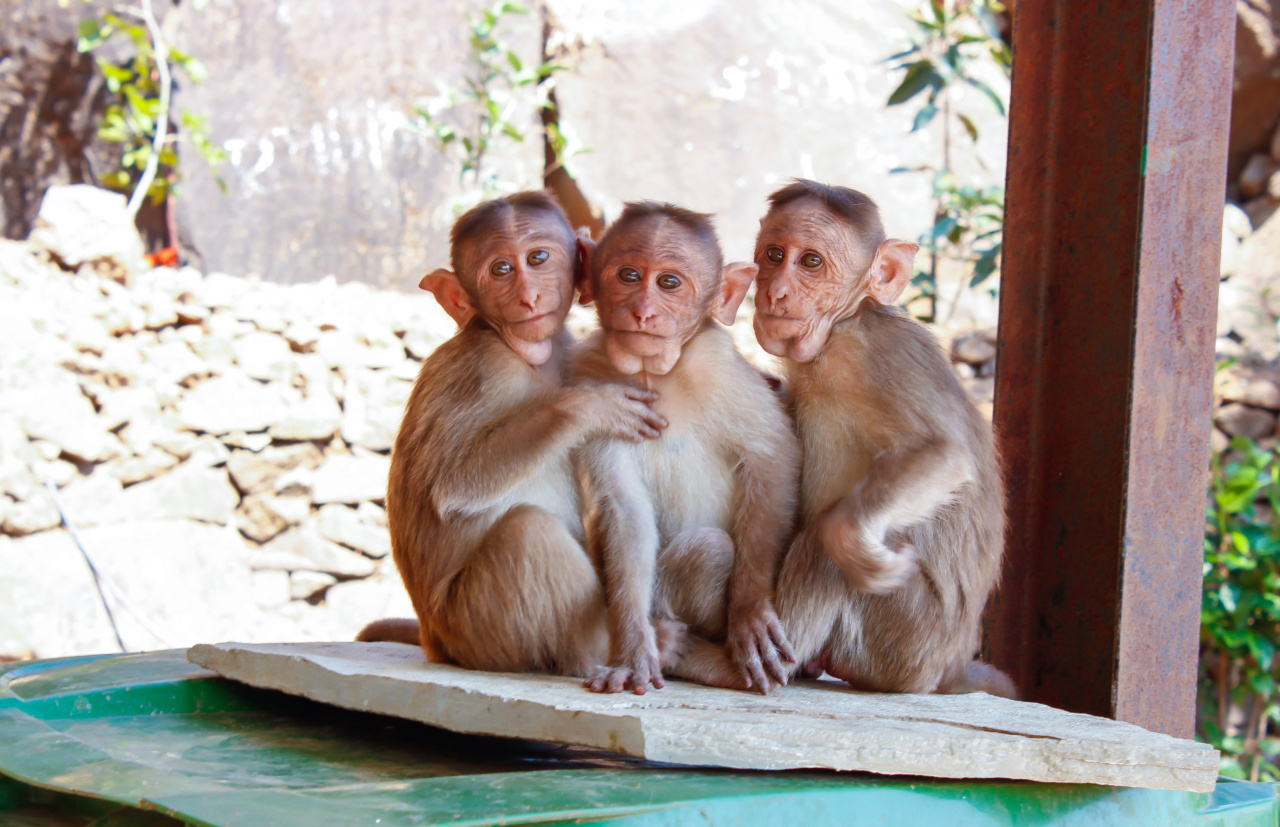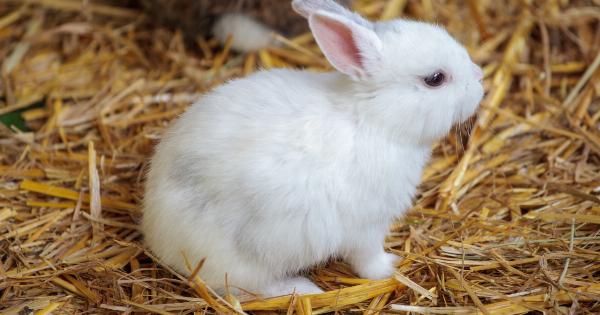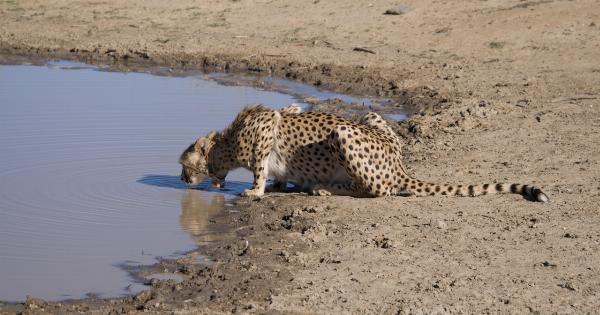The UK is a country known for its lush greenery, beautiful parks and breathtaking scenery.
However, it is highly unlikely that one would associate the country with a jungle! But recently, there have been reports of monkeys sightings in several parts of the country, which has raised concerns about the possibility of a monkey outbreak. In this article, we will explore the 78 outbreaks of monkeys in the UK, and what it means for the environment, the people and the economy.
What is the cause of monkey outbreaks?
Monkey outbreaks can occur due to a variety of reasons. One such reason is human influence.
Monkey species like the Rhesus macaques and the Barbary macaques are known to be adept at human behavior and often live near human settlements, which makes them more vulnerable to human actions like deforestation and poaching. This, in turn, forces them to move out of their native habitat in search of food and shelter. In some cases, monkeys may also be smuggled into the country illegally, which increases the risk of an outbreak.
Where are the monkey outbreaks occurring?
Monkeys have been sighted in several parts of the UK. One of the first sightings of monkeys in the UK was in 1934, where a group of Rhesus macaques were released into a park in Sussex.
Since then, there have been various outbreaks of monkeys in different parts of the country. Some of the regions most affected by the monkey outbreaks include Scotland, Wales, and parts of England like Kent and Hampshire.
What are the implications of monkey outbreaks?
Monkey outbreaks can have significant implications for the environment, the people, and the economy. Firstly, monkeys can cause damage to the ecosystem by eating plants and disrupting the natural balance of the environment.
Secondly, monkeys can carry diseases like herpes, tuberculosis, and monkeypox, which can spread to humans, causing serious health issues. Lastly, monkey outbreaks can have an adverse impact on the economy, especially in the agricultural sector, where monkeys can cause considerable damage to crops and livestock.
How are authorities dealing with the monkey outbreaks?
Authorities in the UK are taking various measures to contain the monkey outbreaks.
Some of the measures include the trapping and relocation of monkeys to their native habitat, the creation of barriers and electric fences to prevent monkeys from entering human settlements, and the implementation of stricter laws to prevent illegal smuggling of monkeys into the country. However, these measures have been met with mixed success, and many experts believe that more needs to be done to address the root causes of the monkey outbreaks.
What can be done to prevent monkey outbreaks?
Preventing monkey outbreaks involves a multi-pronged approach that addresses the root causes of the issue. One of the most critical steps is to educate people about the impact of their actions on the environment and the wildlife.
This can be done through awareness campaigns, school programs, and community outreach programs. Secondly, there needs to be stricter laws and penalties for those involved in illegal smuggling of monkeys and poaching.
Thirdly, there needs to be more significant investment in conservation efforts to protect the natural habitats of monkeys and other wildlife.
Conclusion
The 78 outbreaks of monkeys in the UK highlight the significance of the human impact on the environment and the importance of conservation efforts.
Monkey outbreaks can have significant consequences for the environment, people, and the economy, and it is essential to take proactive measures to prevent them. By raising awareness about this issue, implementing stricter laws and investing in conservation efforts, we can work together to protect the wildlife and the environment for future generations to enjoy.































